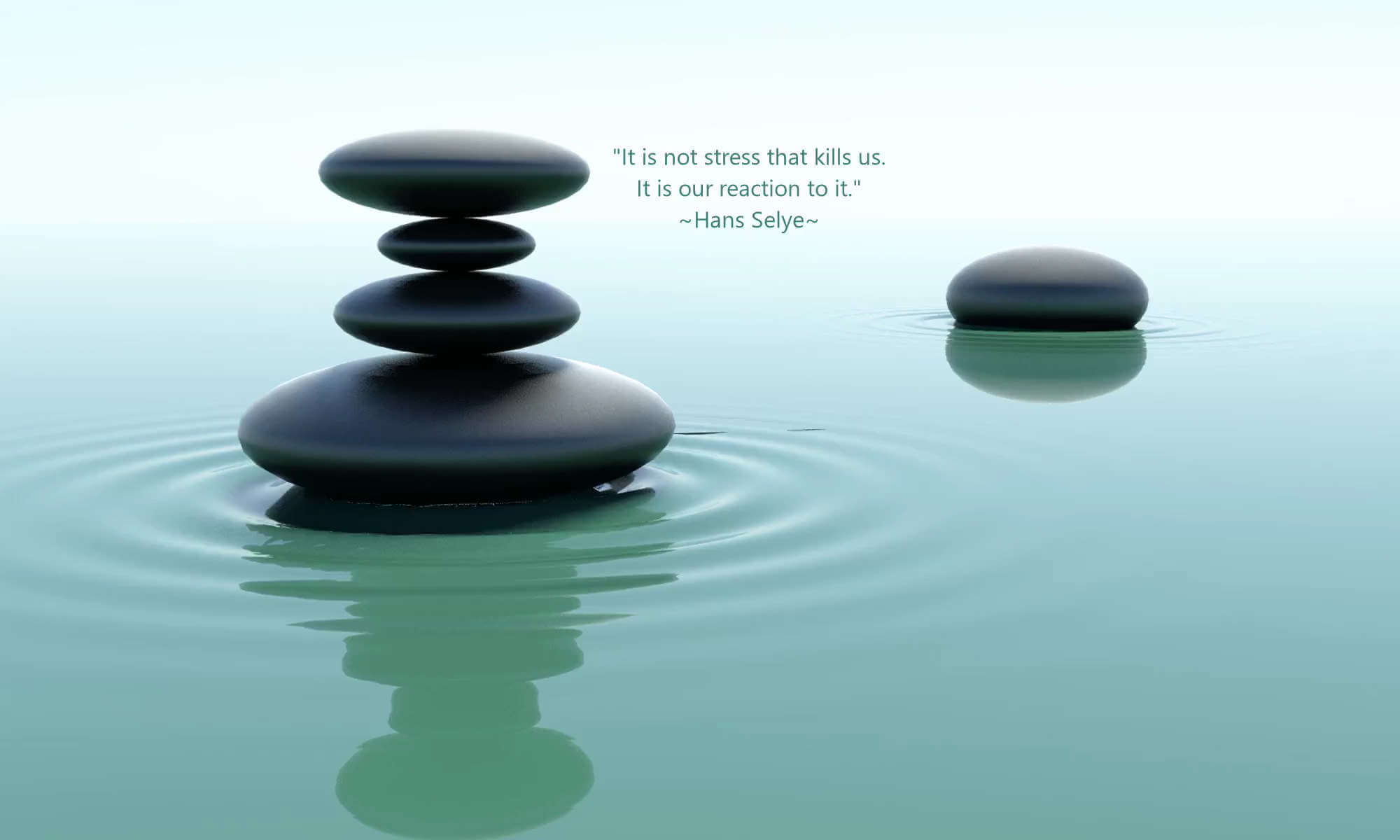Stress is a common experience for many in our modern, fast- paced world. The biggest contributors to stress are financial worry, health concerns, relationship problems, adjusting to changes, work demands and just having too much to do and not enough time. Changes in technology have meant that we are now available to friends, family and our workplace 24/7. Our senses can get overloaded with stimulation in our waking hours, making it harder and harder to switch off and de-stress. Signs of stress include irritability, agitation, inability to relax, muscle tension often around the neck area, nausea and having lots of nervous energy. The effects of chronic stress can include stomach ulcers, irritable bowl, reduced immunity, skin irritations, high blood pressure, heart disease, headaches and chronic pain.
If you are constantly feeling stressed it is important to evaluate your life choices. Is your current lifestyle sustainable? Are there any changes that can be made to reduce the number of stressors you are exposed to? Below are some tips for managing stress. If you have tried all or most of these tips and you still find yourself frequently getting wound up or suffering from stress-induced health issues, then get help. Speaking to a psychologist can assist in identifying unhelpful thinking patterns that may be contributing to your stress, exploring changes that can made and develop more effective strategies for managing stress.
5 Stress Management Tips
- Physical activity – Get out and walk the dog, take up a sport, join a gym, go dancing or take a yoga class. Get out of your mind and into your body. You don’t have time you say? Well make some time as the improvements to your health, well-being, productivity and focus will be great. Even as little as 10-15 minutes per day will help.
- Mindfulness – Focus on the present moment. Lots of stress comes from worry about predicted disasters in the future, most of which never eventuate. Bring your attention to what you can see, hear, taste, smell and feel in the her and now. Slow down. The Smiling Mind App is a great tool for formal mindfulness practice as the exercises are lovely and short. Perfect for busy people.
- Breathe – Lots of people forget to breathe properly when they are stressed. If you are feeling overwhelmed stop, take 5 slow deep breathes down into your belly. This will send a calming signal to your mind and body which will help you feel more grounded and in control.
- Set realistic goals – Having too many items on your mental to do list can result in a constant feeling of failure and stress. Develop an overall To Do list and then create a daily To List with a realistic number of tasks that can be achieved. Cross tasks off when they are completed. Re-assess your daily list if you find you are frequently not getting through it. Do you have too many items or are you getting distracted by unimportant tasks not on your list? Any.do is a great app or web based program for creating and managing lists.
- Switch off your device – Yes it can be done! Turn off the phone/tablet/TV/computer and take a break. Have a cup of tea, read a book, get out in the garden or go to a park, create something, talk to someone, cuddle a pet, play with your children.

